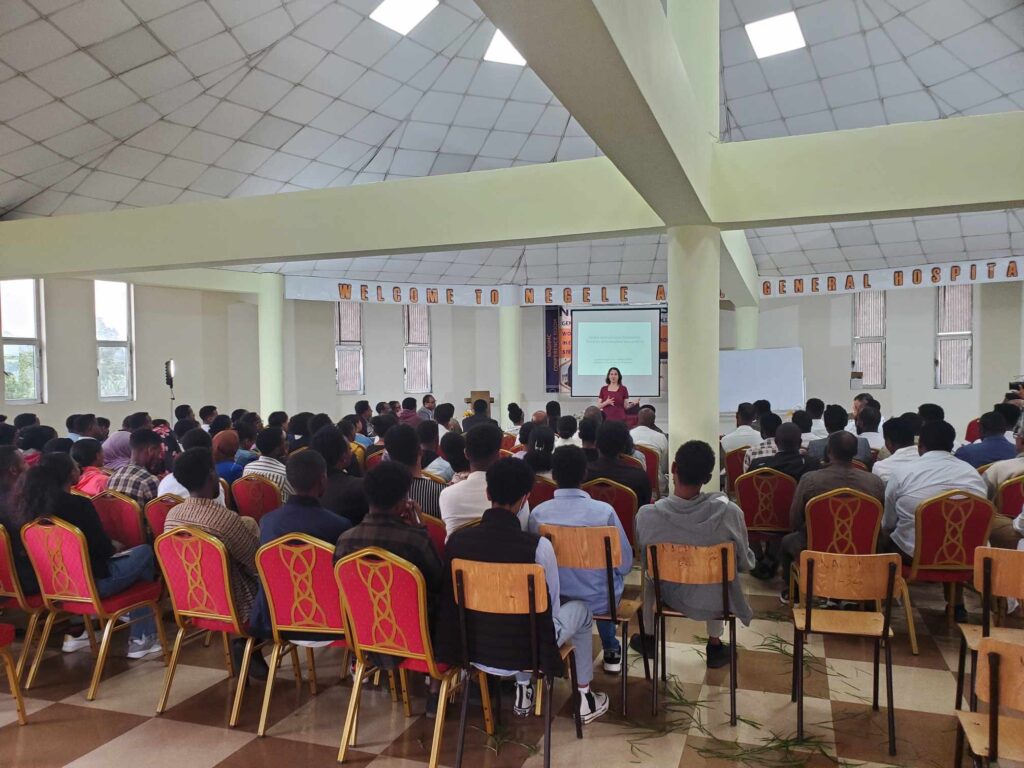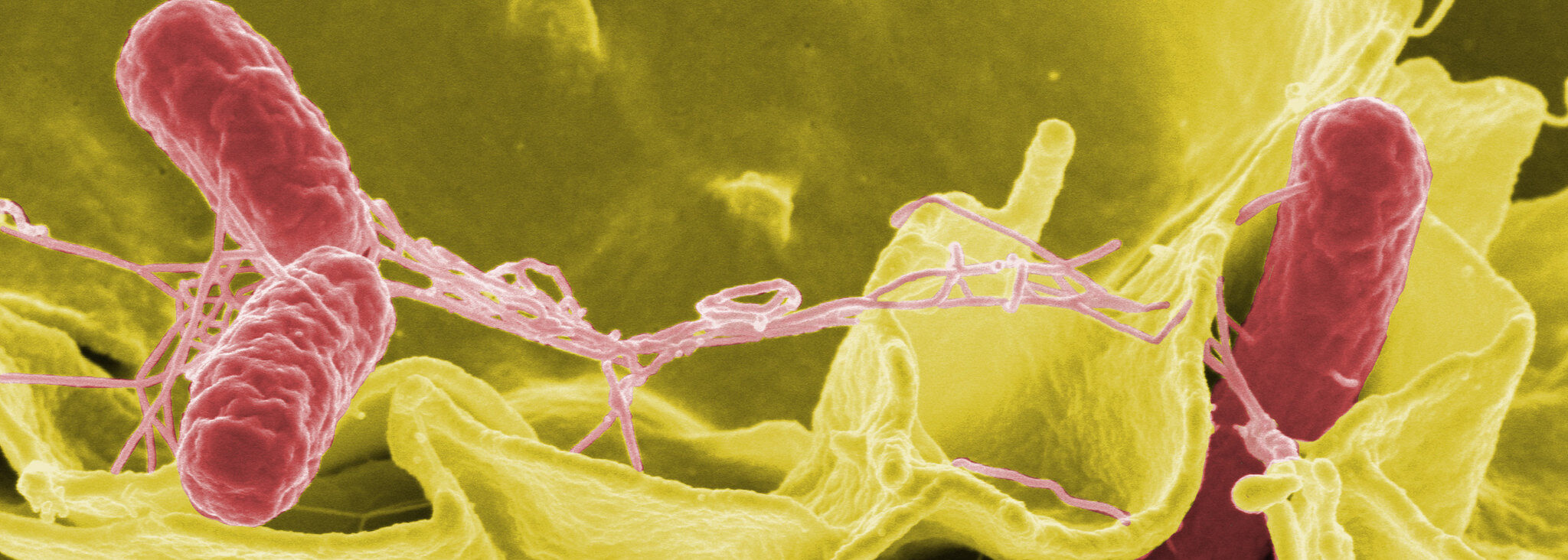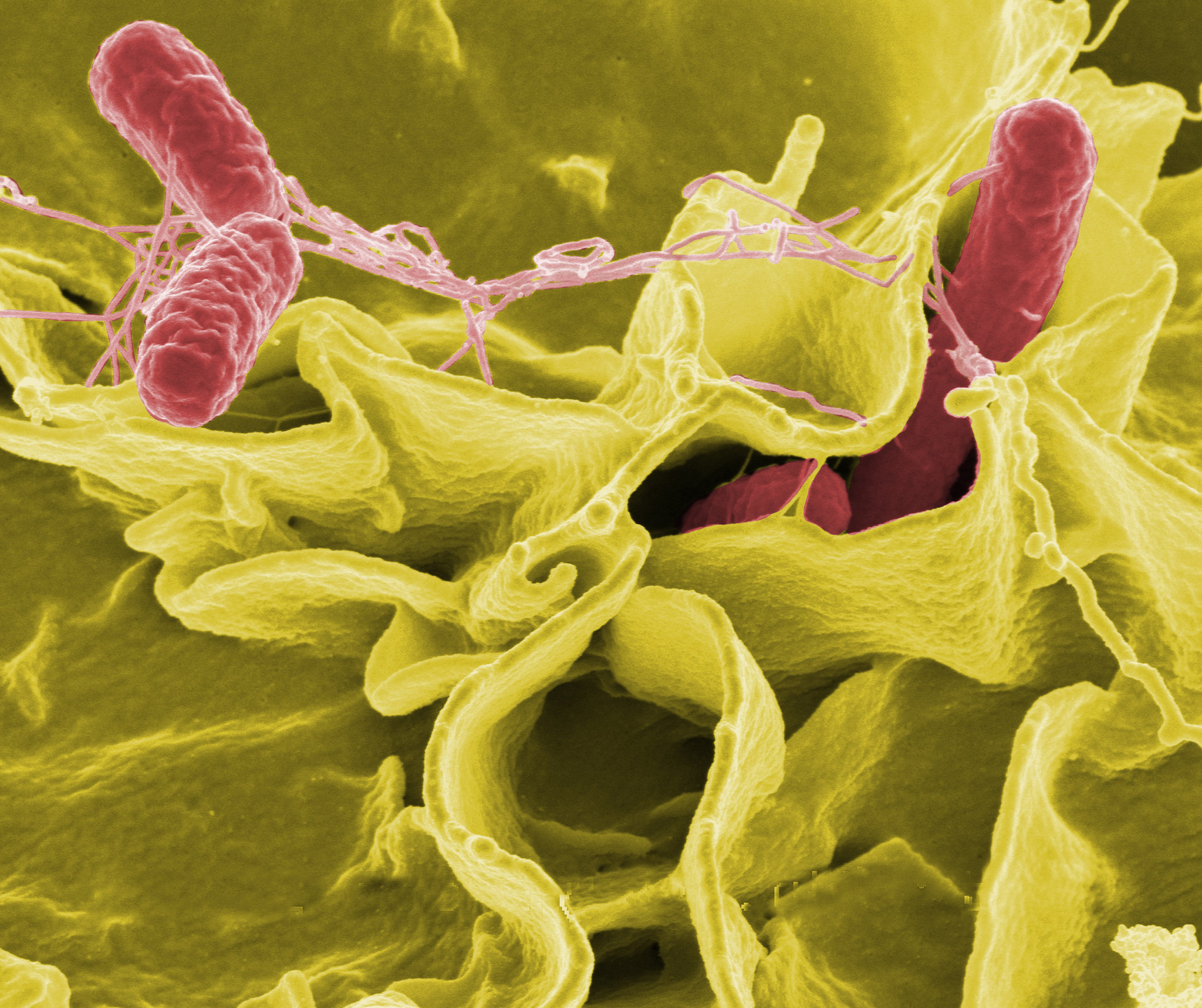Published: 11/20/2024
This week, we join the global community in recognizing World Antimicrobial Resistance (AMR) Awareness Week, an important initiative by the World Health Organization aimed at raising awareness and encouraging best practices to combat AMR. At the Stanford Center for Innovation in Global Health, we are proud to highlight the significant contributions of our affiliates — physicians, researchers, postdocs, trainees, and visiting scholars — who are at the forefront of understanding and addressing this critical global health challenge.
In Ethiopia, Dr. Cybele Renault is working alongside local leaders to address AMR through educational initiatives. She led a seminar on antimicrobial resistance for over 200 clinicians at Negele Arsi General Hospital. The seminar described the crisis of global antimicrobial resistance, with an emphasis on the antimicrobial resistance in Ethiopia, and an introduction to antimicrobial stewardship principles. With the support of a nonprofit, Ethiopia Health Aid, a new microbiology lab is being established to enhance targeted antimicrobial treatments, with Stanford microbiologist Dr. Ellen Jo Baron acting as a consultant.
At the Palo Alto VA, Dr. Renault leads the Kicking CAUTI Campaign, which educates healthcare providers on the management of asymptomatic bacteriuria to reduce inappropriate antimicrobial use. This initiative has been implemented across 41 VA hospitals, reflecting a commitment to curbing the evolution of AMR through evidence-based education.

Typhoid is a leading bacterial killer of children globally, and AMR-resistant typhoid is a growing global concern. Dr. Jason Andrews and colleagues shed light on the global implications of drug-resistant typhoid in their 2022 publication, The international and intercontinental spread and expansion of antimicrobial-resistant Salmonella Typhi: a genomic epidemiology study.
Meanwhile, Dr. Seth Hoffman is conducting NIH K23-funded research to explore the effects of climate-sensitive water, sanitation, and hygiene interventions on typhoid fever incidence in Indonesia and Fiji, including metagenomic sequencing to better characterize antimicrobial-resistant typhoid isolates in children. This work is part of the RISE trial co-led by Stanford CIGH Director of Global Research, Dr. Steve Luby. RISE includes examination of inflammatory responses and environmental factors associated with AMR.
Dr. Ashley Styczynski’s recent study underscores alarming rates of colonization with antibiotic-resistant bacteria among patients giving facility-based births in Bangladesh. The findings reveal that hospital exposures play a significant role in increasing antimicrobial resistance, a challenge common in many low-resource settings. Two follow-up publications are underway, focusing on the widespread contamination of resistant bacteria within hospital environments and surprising levels of AMR colonization among home births, emphasizing the community’s role in this growing issue.
Finally, our new Stanford African Scholars in Global Health (SASH) Program will host mid-career African scholars and physicians who are leaders in their fields beginning in January 2025. Several SASH scholars will focus on antimicrobial resistance in partnership with their Stanford mentors, acquiring essential skills to implement AMR improvement projects at their home institutions, and furthering our collective efforts to tackle AMR on a global scale.
As we observe World AMR Awareness Week, let us unite in our commitment to address antimicrobial resistance through innovative research, education, and collaboration.

